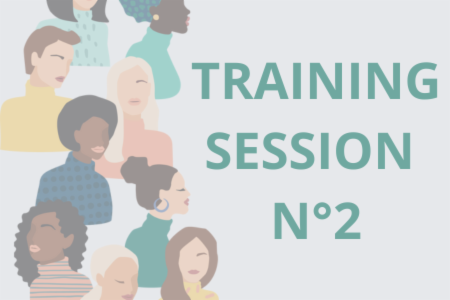The Impact of Covid-19 on Homeless Service Providers & Homeless People: The Migrant Perspective
.png)
Read and download the PDF
Homelessness among migrants, both mobile EU citizens and non-EU migrants, has increased in the past years across Member States of the European Union. Migrants have been pushed to destitution and homelessness and they are often highly represented in the numbers of rough sleepers in the big cities of Europe. Because of restrictive immigration rules, lack of access to housing and to the labour market, discrimination, or inability to access public funding, destitute migrants regularly turn to the homeless services who offer basic support and counselling. In this context, the COVID-19 pandemic has brought further challenges and has affected migrants in specific ways, as they often experience challenges in accessing adequate housing and a lack of access to health care. The homeless services experienced challenges in this period as well: night shelters did not have the capacity to allow people to isolate, staff encountered limitations in their social work and confusion about the regulations regarding COVID-19 was experienced, at least initially.
At the same time, the pandemic has proved that achieving social rights for all it is not only possible but also economically feasible, as long as the political will exists. The public health threat posed by COVID-19 has highlighted governments’ key roles in ensuring adequate living conditions for all, irrespective of people’s immigration status. While the virus took hold, governments struggled to put in place initiatives to respond to the crisis. Successful practices have been implemented by governments who stepped up to support the most vulnerable in their societies. Big cities in countries such as Ireland, Denmark, Germany, Poland, the UK, France and Portugal have served as examples, allowing everyone to access accommodation during the first wave of the pandemic, either by opening extra night shelters or by facilitating access to hotels and hostels. While this was in itself an innovative and promising policy for tackling homelessness during a global health crisis, the added value was that immigration status did not count as an excluding factor in several cases. This is to say that access to safe accommodation was not conditional upon immigration status, a measure that FEANTSA has advocated for when promoting the right to safe housing for all.
With support from our FEANTSA members who worked as homeless service providers we collected information on developments throughout the initial lockdown and the immediate period after the first wave of COVID-19. In this report, we present our findings on the measures adopted by several Member States with a focus on the situation of migrants experiencing homelessness. We also analyse the impact that this period has had on these homeless service providers and their staff. The second part of the report is a compilation of statements from migrants who have experienced homelessness in the first wave of the coronavirus pandemic. Cases are also presented where migrants have suffered job loss and homelessness, including unsafe housing caused by the crisis.
The aim of this report is to identify the impact, both positive and negative, that the COVID-19 pandemic has had on homeless migrants and the services that support them. We also look at situations of potential human rights abuses. The data presented in this report will also serve to bring forward the topic of living conditions for migrants who continue to experience homelessness during the pandemic. With this data, we continue to support the claim that everyone should be allowed access to safe and adequate accommodation in general, and especially during a global health crisis, regardless of people’s immigration status.





